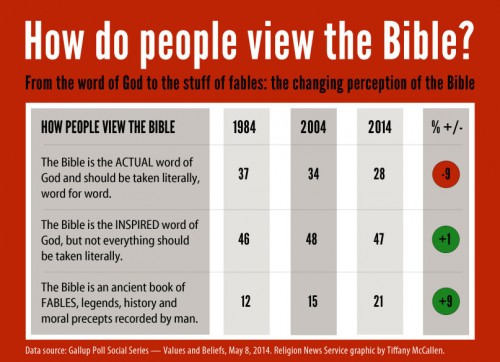The word is that he’s working on a book on evolution. Ken Ham helpfully informs him that it is unnecessary, because it has already been written. It’s called the Bible.
Good thing my wife is off running errands right now, or she’d be wondering why I’m giggling maniacally.


